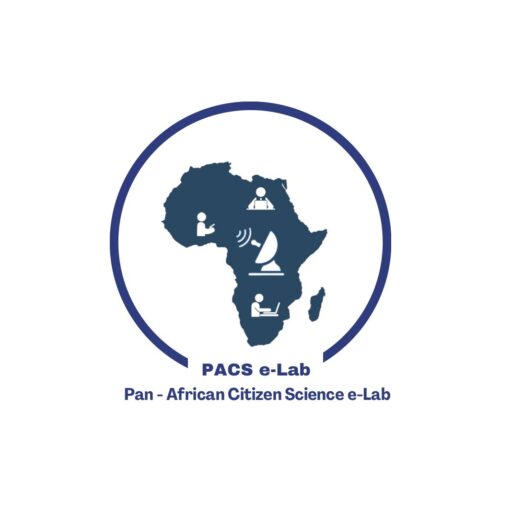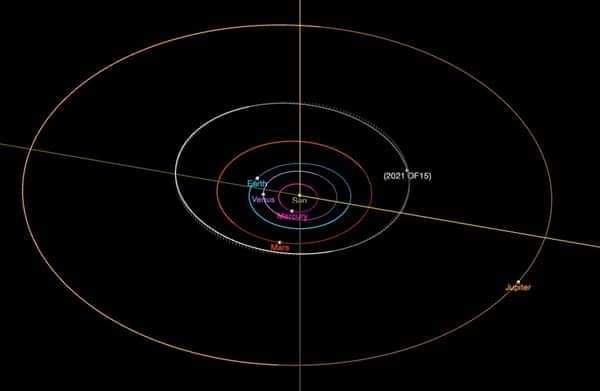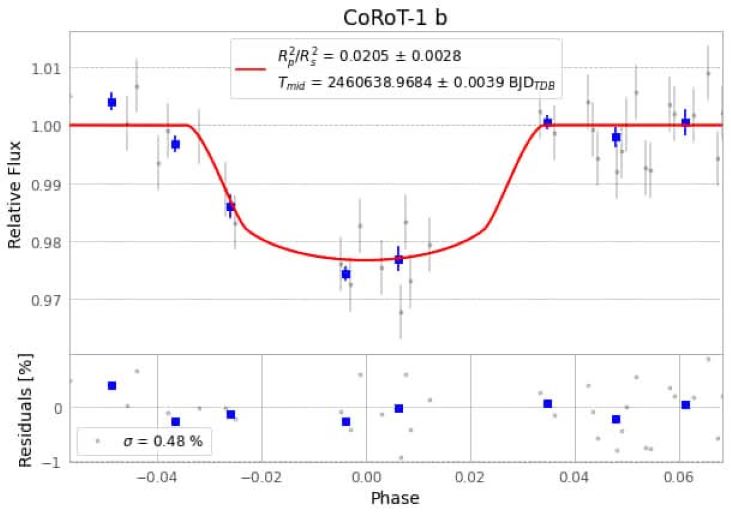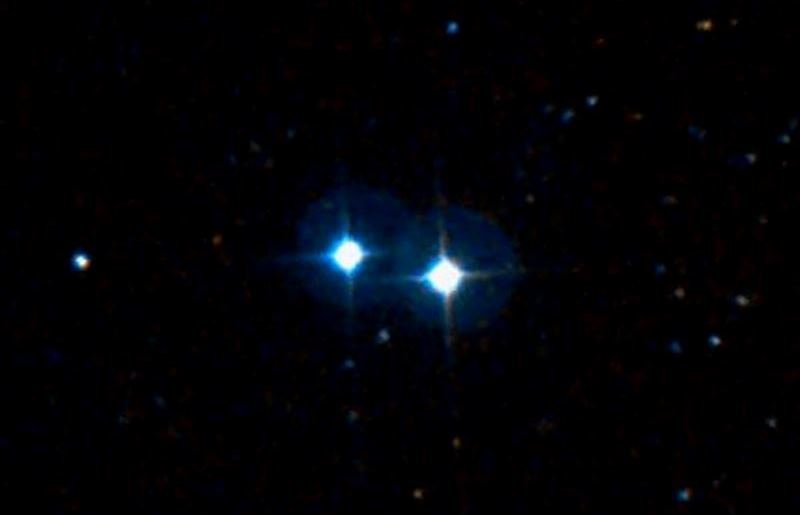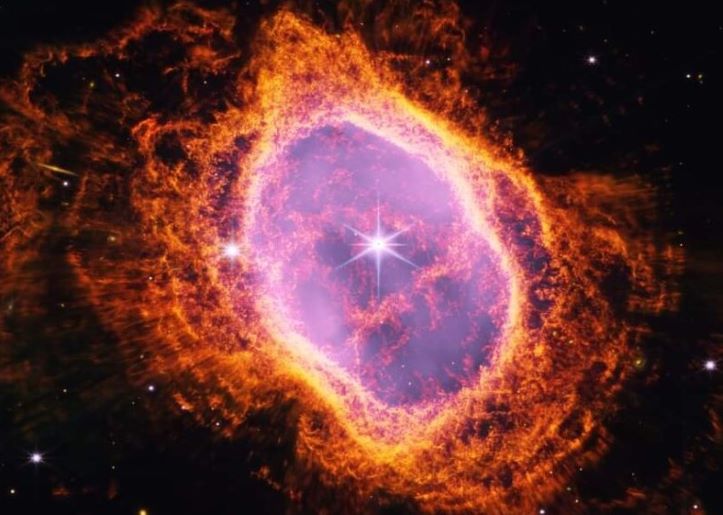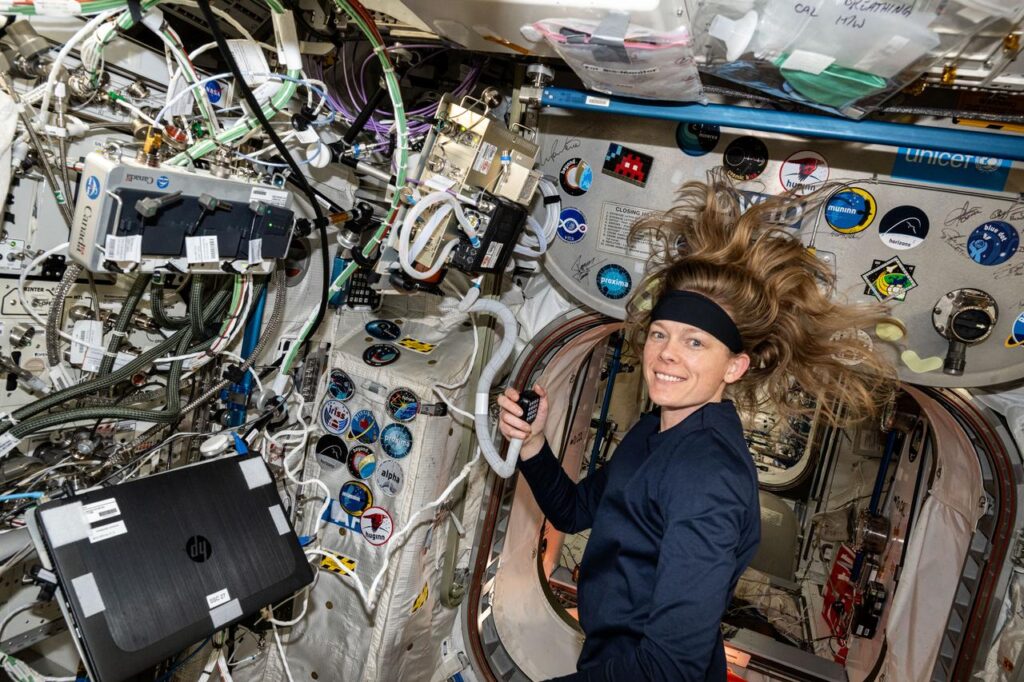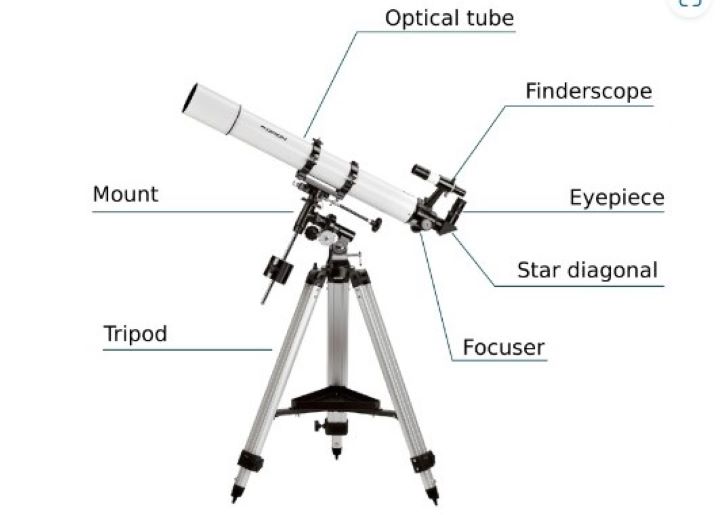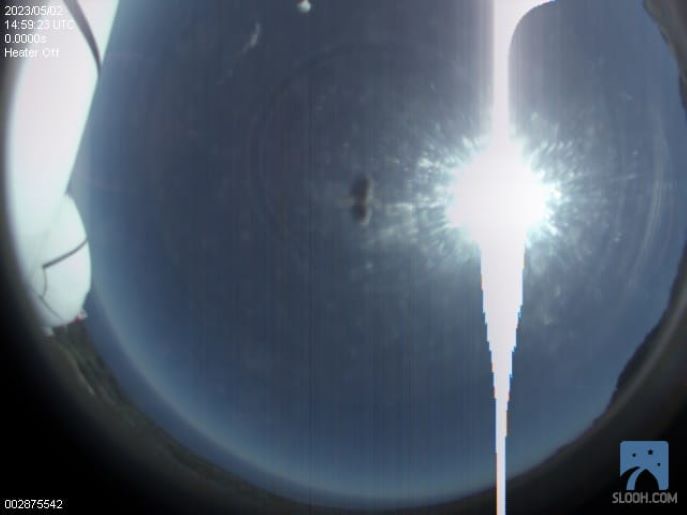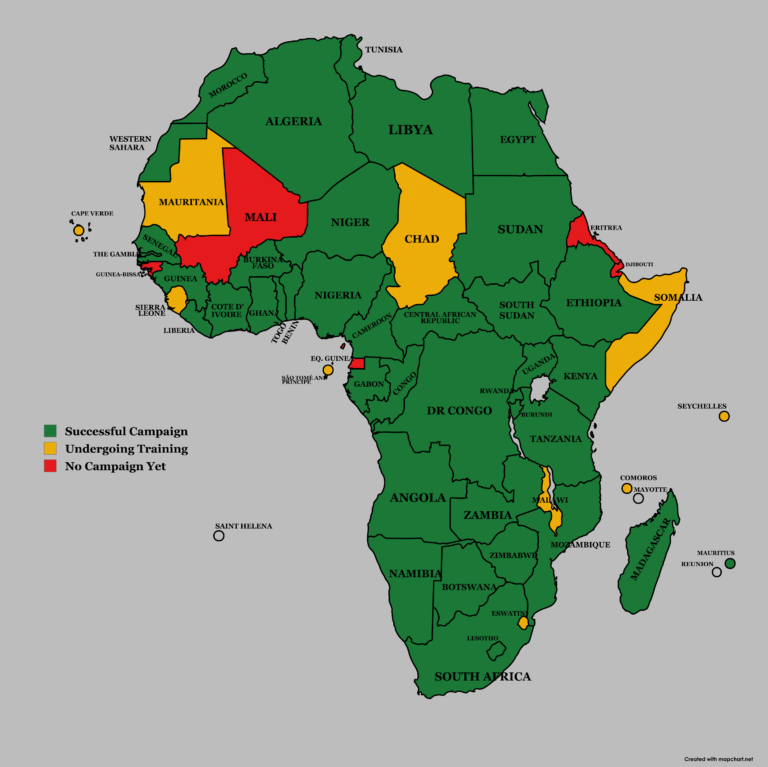Welcome to the
PACS e-Lab
(Pan-African Citizen Science e-Lab)
The PACS e-Lab is a nonprofit organization dedicated to advancing STEM education across Africa through hands-on engagement in astronomy and space science. With a strong focus on reaching underrepresented communities, PACS e-Lab inspires young individuals to pursue careers in STEM by providing meaningful learning experiences and entry points into scientific research.

Miracle Chibuzor Marcel
Founder & Director of PACS e-Lab
Learn About the Founder
&
Connect on social media
Welcome to the Pan-African Citizen Science e-Lab (PACS e-Lab) — Africa’s leading hub for Amateur Astronomy Research, Education, and Outreach.
Across Africa, countless young people, students, educators, and STEM enthusiasts look up at the night sky, wondering about the universe, yet often lack access to the tools, resources, and opportunities they need to explore these big questions. While some African academic institutions offer astronomy and space science courses, these are often heavily focused on theory, leaving students without the practical, hands-on experience that fosters true scientific engagement. This gap can lead to doubt, skepticism, or the sense that astronomy is a distant, unattainable field.
PACS e-Lab was created to change that. Our mission is simple yet powerful: bringing the stars to your doorsteps. We are an inclusive, continent-wide platform designed to bridge the gap in astronomy practice across Africa. Through strong collaborations with NASA, Las Cumbres Observatory, MicroObservatory, Slooh, the International Astronomical Search Collaboration (IASC), and other international partners, PACS e-Lab empowers African students, educators, and STEM enthusiasts to engage directly in cutting-edge space science projects, from asteroid hunting, astrophotography, stellar and exoplanet observations, to communicating with astronauts aboard the International Space Station, and more — all free of charge.
As a result, many of our participants have made significant discoveries, conducted observations using state-of-the-art robotic telescopes, published research papers in peer-reviewed journals, and presented their work at both regional and global scientific conferences. Their achievements have been celebrated in local, regional, and international media, showcasing the talent, passion, and potential of Africa’s growing community of amateur astronomers.
At PACS e-Lab, we believe that science belongs to everyone. We are committed to nurturing curiosity, building scientific skills, and promoting space science awareness across Africa, helping to shape the next generation of African scientists, researchers, and explorers. With a network that spans the continent and connects to the global scientific community, we are proud to play a role in advancing Africa’s future in astronomy and space science.
If you would like to learn more, we invite you to watch our introductory video above, explore the news and project highlights below, and take your time navigating the website. Do not forget to follow us on all our social media platforms for the latest news, discoveries, and opportunities — we post regularly!
News
Project Highlights
Important Information
- We have several exciting projects currently under development, including exoplanet and comet detections, asteroid follow-up studies, and variable star observations. Our ultimate goal is to make discovery-oriented projects accessible across Africa.
- We actively reach out to organizations and entities across Africa with access to their local communities for collaboration, and we encourage you to connect with us as well.
- Our citizen scientists regularly attend international meetings and conferences to present their research. PACS e-Lab facilitates their registration and participation, allowing them to showcase the research accomplishments achieved through their collaboration with us.
- While English is our primary mode of communication, we have collaborated with individuals who have reproduced our materials in French, Arabic, and other local languages spoken in Africa. If you are interested in translating or using these materials, we would be happy to connect with you.
- We offer live training sessions; however, in cases where internet connectivity is poor or expensive, or if live sessions are not preferred, we recommend our recorded tutorials. Learning from these tutorials is a flexible and cost-effective option.
- Participating in our programs consumes significantly less internet data subscription than typical social media usage. By engaging with PACS e-Lab, you can spend your time and resources more productively and contribute meaningfully to science.
- All our projects are computer-based, and while we support various systems, Windows OS is preferred for an optimal experience.
- We welcome individuals of all ages, genders, sexual orientations, and religions. There are no restrictions on who can join us.
- We continuously add new projects and encourage you to explore and succeed in the opportunities we provide. Good luck!
OUR ACCOMPLISHMENTS
Poster presentation by Mohamed Mostafa Elattar at the 4th Arabic Advanced School in Astrophysics, Kottamia Astronomical Observatory, Egypt, titled Unveiling a Binary Star: New Astrometric Analysis of WDS 01497+5355 ES 761

Poster presentation by Dr. Meryem Guennoun at the 32nd IAU-General Assembly, Cape Town, South Africa, titled Empowering High School Students in Remote Asteroid Science: A Dual Role in the Pan-Africa Asteroid Search Campaign.

Poster presentation by Islam Alaa Fathallah at the 4th Arabic Advanced School in Astrophysics, Kottamia Astronomical Observatory, Egypt, titled New Astrometric Measurements of the Position Angle and Separation of the Double Star System WDS 15453-4949 B 2365

In 2021, Bongiwe Mkhabela from South Africa while in her finals at high school led her classmates in the asteroid research endeavor. She is now a college student in the University of Pretoria studying mining engineering.


Chidozie (left) and Akintola (right), both PhD physics candidates in the US, shared in their combined discovery of the asteroid 2021 OF15. In 2021, they participated as part of the Astronomers without Borders Nigeria team.


Ms. Sarah Abotsi-Masters led her Ghanaian team, PRAGSAC in 2021 and made a provisional discovery of asteroid 2021 PV141.


Dr. Joseph Ntahompagaze is a lecturer and a researcher in the physics department of the University of Rwanda, College of Science and Technology. Since 2021, he has been active and has led his team in the asteroid hunting exercise.

Mr. Christian Gbaba, an amateur astronomer from Togo, led his team, the Association of Togolese Astronomers in 2021 and they discovered two asteroids: 2021 VG27 and 2021 VU48.

Ms. Tengwi Omela (she/her), who was the Vice President of the Astronomy club of the University of Buea, has been and still is active in engaging her team in citizen science research since 2021, and even to this day, she is a graduate.


In 2021, Mr. Dennis led his team, the Space Partnerships and Research Company in asteroid research and one of them detected an asteroid with the provisional number 2021 VD60. They joined and worked as a team from their different locations in Kenya.

Dr. Abdel Aziz who is the President of Association Ivoirienne d’Astronomie, since 2022 has been utilizing citizen science as a tool for education in Ivory coast.




Meet Mr. Joseph Mafuka participating in the asteroid research with some of his team members from the Astro-Club Kongo Central. They have been active since 2022




Asteroid Research Training Session of Dr.Aziz's students in Ivory Coast




Mr. Andoniaina Rajaonarivelo is the co-president of the Haikintana Astronomy Association, dedicated to promoting astronomy in Madagascar. Since 2022, he has been leading his team in asteroid research efforts.






Presentation of certificates of achievement by Mr. Andoniaina Rajaonarivelo to his team for the discovery of the asteroid 2022 UJ79.








Nigerian Citizen Astronomers over the past 3 years have been the pioneers of citizen science in Africa. They also have recorded the most discovery of asteroids








More participation from the Amateur astronomical Society of Kenya led by Samuel.

Students from the National University of Science and Technology in Zimbabwe have actively engaged in asteroid research since 2022. The team, led by Ms. Thobekile Ngwane, is currently conducting Masters studies with a research focus on asteroids and instrumentation.

Amateur astronomers from the Republic of Benin have actively engaged in asteroid research since 2021. The team is led by Prudence.

Amateur astronomers from Mozambique have been actively engaged in asteroid research since 2021. The team, led by Edson, has achieved notable accomplishments, which have been publicized on international news stations and blogs


Since 2021, students from the University of Botswana have been actively involved in asteroid research. The research team, under the leadership of Molly, is contributing to advancements in the field.

Meet Dr. Salma Sylla, the first female Senegalese to attain a PhD degree in Astrophysics. She and her team of students have been participating in asteroid hunting since 2022, and it is an honor for us to collaborate with such a rare and distinguished figure.

Meet Ms. Regaibi Salma is one of our team leaders from Morocco who engages students from her association in citizen science research. She is the president of the Steps into Space Association

Ms. Rose is one of our team leaders from Uganda. Since 2021, she and a team of students and educators from the National Curriculum Development Centre have been participating in asteroid searches and have made a provisional discovery of asteroid 2022 HK11


Meet our citizen science team from Sudan, led by Ahmed Saeed. They have been active in this exercise since 2021.

Our Malawian team, Celestial Explorers, led by Bauleni Bvumbwe, was the first to receive a telescope from PACS e-Lab. The team is currently using it for astronomy outreach and school visits in Malawi while remaining actively involved in our projects. The telescope was donated by Jean Pierre Grootaerd.


Our Ugandan team, National Curriculum Development Center (NCDC) , represented by Mr. Santos and Ms. Rose, received a telescope from PACS e-Lab. The team is currently using it for Teachers' training program, astronomy outreach and school visits in Uganda while remaining actively involved in our projects. The telescope was donated by Jean Pierre Grootaerd.


Meet our three African citizen Astronomers credited with the discovery of Asteroid 2023 GQ10. The trio are college students from different universities in South Africa. They have been participating in the asteroid search under the Blue Crane Space Astronomy & Astrophysics Department of the University of Pretoria in South Africa, under the supervision of Keketso Qhomane.
Congratulations to them!

Meet Keketso Qhomane, our finest citizen astronomer from the Kingdom of Lesotho. He has a passion for astronomy, and we have donated this Celestron NexStar 60 GT Refracting Telescope to him so he can enhance astronomy in his country.


Meet Ms. Molly Kgobathe, the IAU National Outreach Coordinator (NOC) for Botswana. She is passionate about astronomy, and we have donated this Celestron NexStar 60 GT Refracting Telescope to her to support astronomy outreach in Botswana.




We celebrate Ms. Rorisang Mahomo from the Kingdom of Lesotho for her discovery of Asteroid 2023 QY50. She is a student at the University of Pretoria and participates in asteroid searches through BlueCraneSpace, a STEM society for students at the university

Meet Ms. Thobekile Ngwane, co-founder and president of the Zimbabwe Astronomical Society. She is passionate about astronomy, and we have donated a Celestron NexStar 60 GT 60mm Refractor Telescope to her to support astronomy outreach in Zimbabwe.

